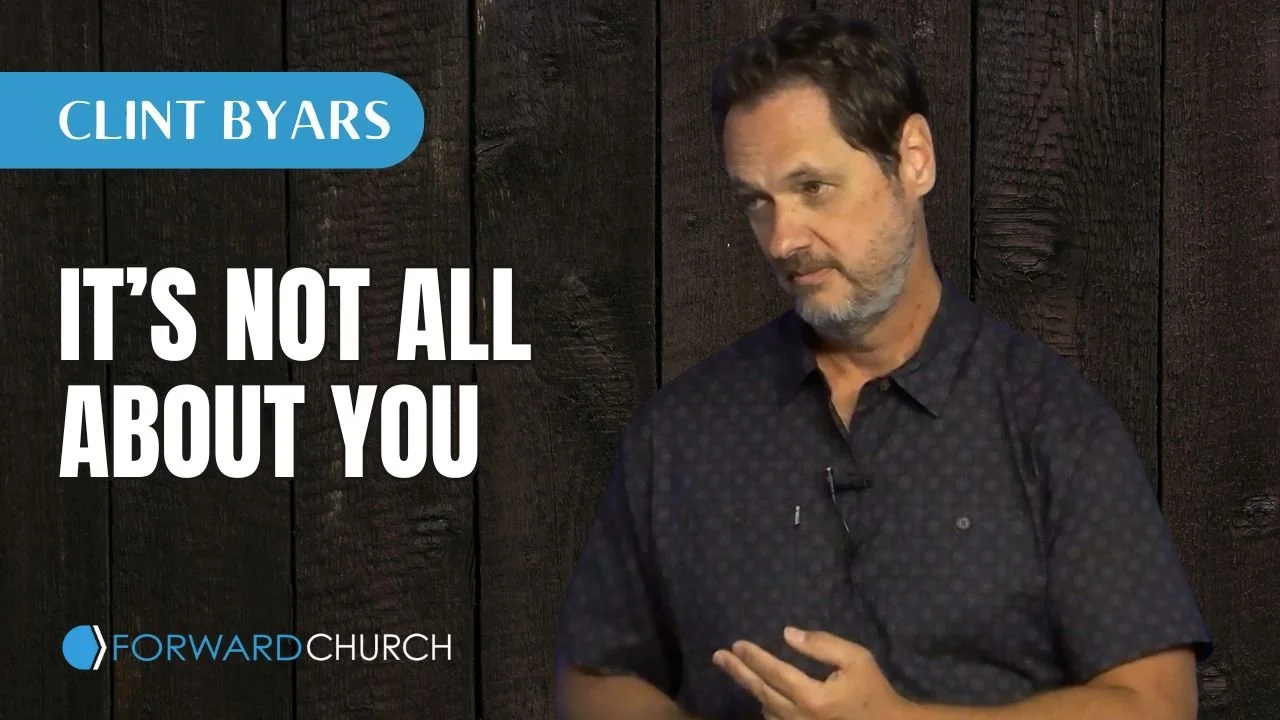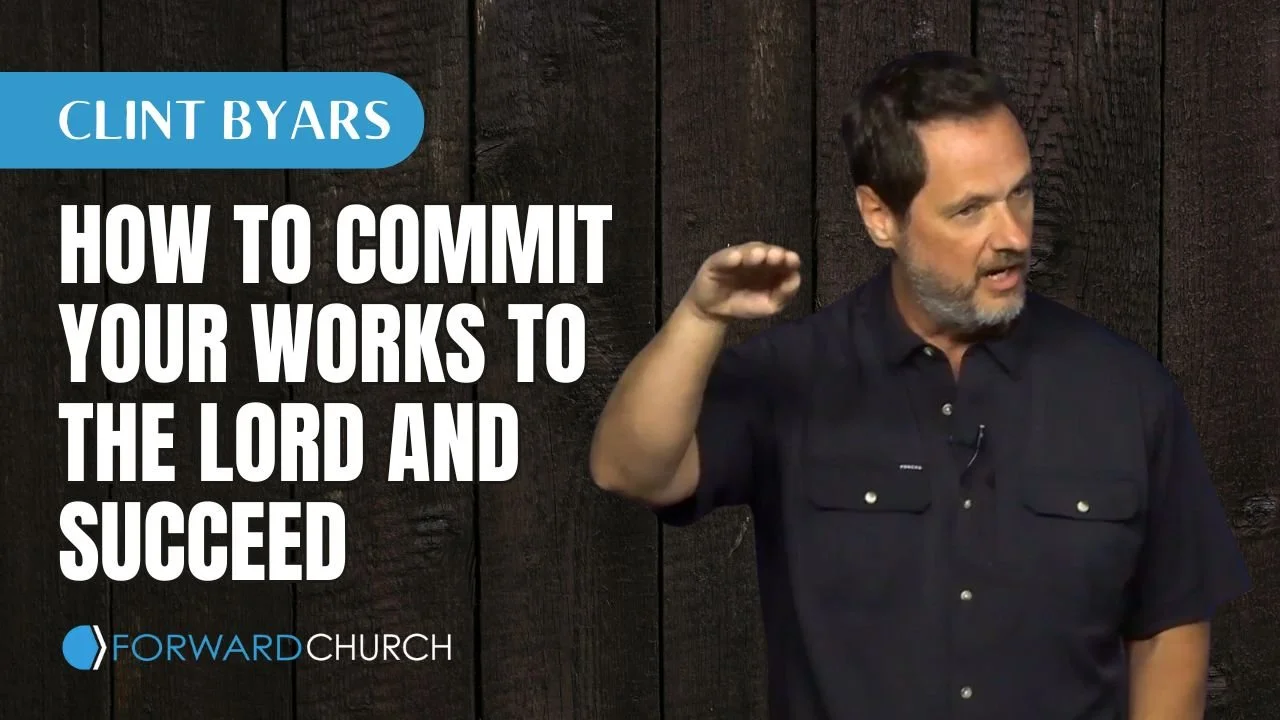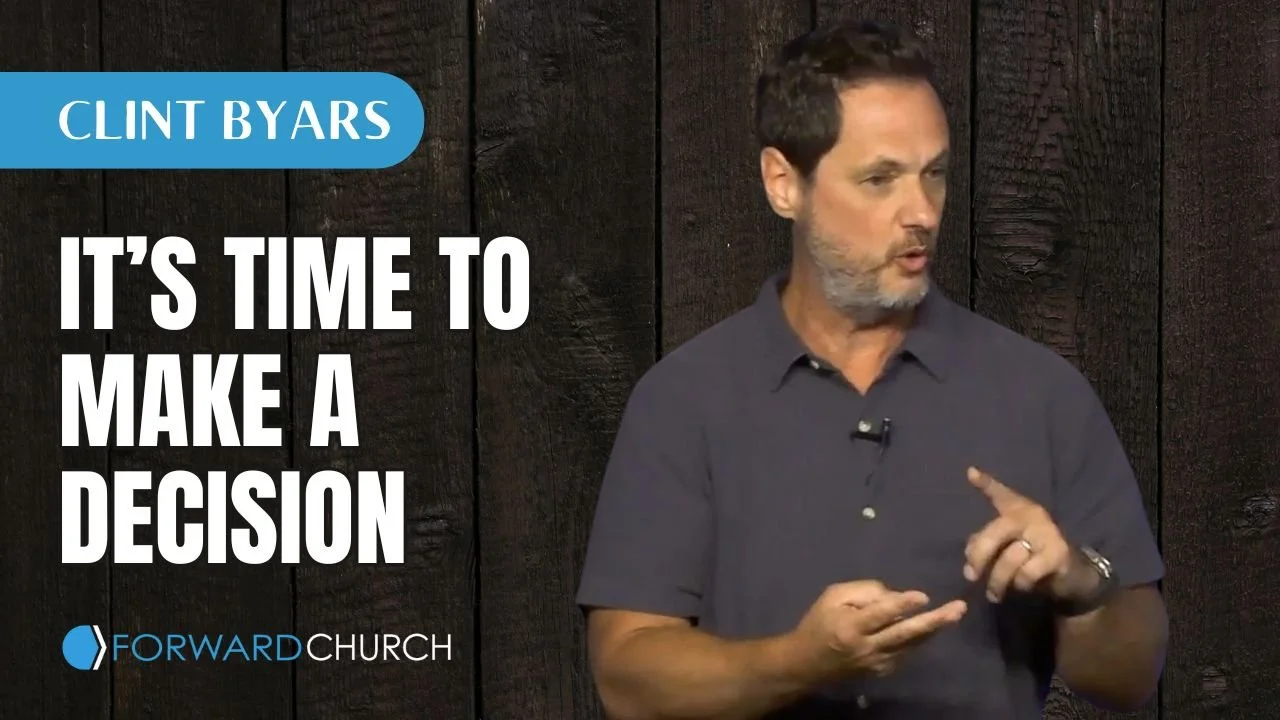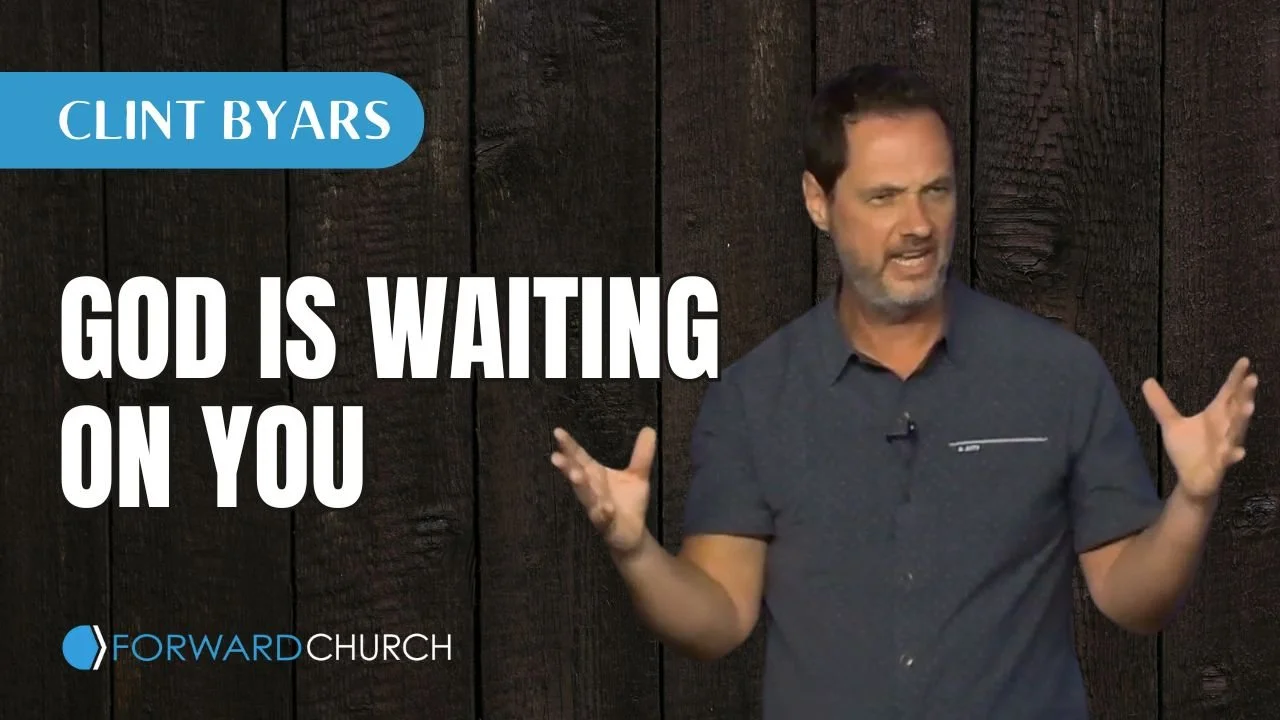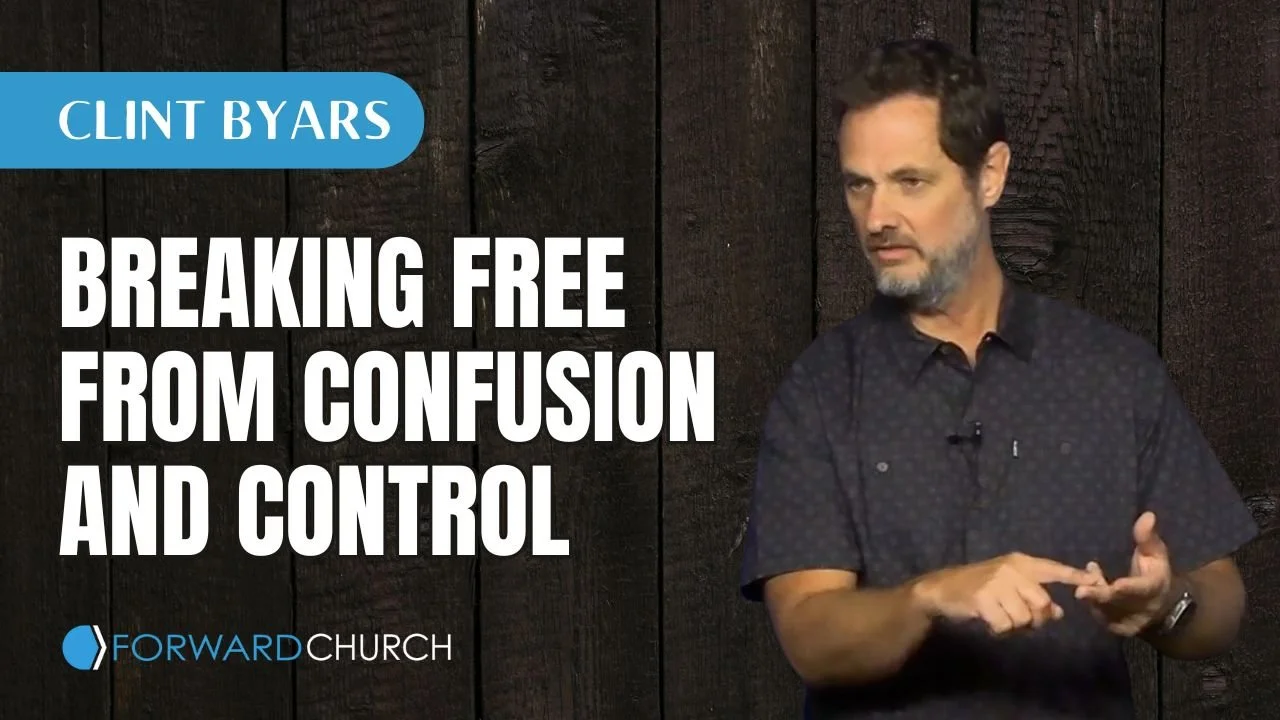It's interesting we still have the same issues in Christianity today that Paul faced. You tell people they're free from the judgment of their sin in Christ and they’ll ask, "does that mean people can just sin and get away with it?" Well, certain people ask that. Those same kinds of people asked the Apostle Paul that on a regular basis.
He always answered NO!
What then? Shall we sin because we are not under the law but under grace? By no means! Don’t you know that when you offer yourselves to someone as obedient slaves, you are slaves of the one you obey—whether you are slaves to sin, which leads to death, or to obedience, which leads to righteousness? But thanks be to God that, though you used to be slaves to sin, you have come to obey from your heart the pattern of teaching that has now claimed your allegiance. You have been set free from sin and have become slaves to righteousness. Romans 6:15-18
I think the confusion comes in for some due to the lack of understanding the difference between mercy and grace. Mercy is when you’re not punished for something you’re guilty of. Grace is an actual power in your heart from God. Mercy looks at your guilt and says, “I choose not to treat you in accordance with your guilt.” Grace says, “you don’t have to give in anymore.”
Mercy is what you need after you sin, grace is what you need before you sin. God has mercy on you after you sin but he supplies grace to you so you don’t have to give in to sin.
Mercy is what we have all received as a result of Jesus being judged and punished for our sin. Grace is now available to live in because we have been forgiven in the sacrifice of Christ.
So when one preaches the freedom from punishment of judgment and is then accused of telling people sin is no big deal, the accuser simply doesn’t understand the nature of sacrifice and atonement.
Consider this passage before we discuss atonement.
1 John 2:1 My dear children, I write this to you so that you will not sin. But if anybody does sin, we have an advocate with the Father—Jesus Christ, the Righteous One. 2 He is the atoning sacrifice for our sins, and not only for ours but also for the sins of the whole world.
It’s a curious way to give instruction, “don’t sin, but if you do...”
That almost sounds like a license to sin, doesn’t it? Or maybe is just feels a bit dangerous to tell people that. After all, if we free people from God’s punishment of their sin, they’ll just keep sinning, right? Well, that’s what the person that doesn’t understand atonement and transformation thinks.
Just like the Yom Kippur sacrifice was for the entire nation of Israel, so is Christ, but for the whole world. So what does atoning sacrifice mean?
What Is Atonement?
In 1 John, some translations say “atoning sacrifice” and some say “propitiation.” They both describe the sacrifice. Atonement simply means exchange. Propitiation means to satisfy wrath/anger. Because God was angry toward mankind’s sin, he provided a substitution. Instead of judging our sins in us, he judged and punished them in Jesus.
Most Jesus followers agree to this idea, but many will argue over the application. Most Christians will say, oh yes, Jesus was judged for my sin. But if you say God is no longer judging people’s sin because they were judged in Jesus, many will say, “now wait a minute, are you saying people can just sin and get away with it.”
That tells me that people believe Jesus was our atoning sacrifice but they don’t fully understand what that means. It means this; God is not judging sin because he judged it in Jesus, for the WHOLE WORLD!!!
Because people will ask, No, that doesn’t mean everyone is saved, born again or going to Heaven, people still need to place their trust in that sacrifice to participate in the exchange of death for eternal life.
What Does the Bible Say About Atonement?
John 1:29 The next day he saw Jesus coming toward him, and said, “Behold, the Lamb of God, who takes away the sin of the world!
1 Corinthians 5:7 Cleanse out the old leaven that you may be a new lump, as you really are unleavened. For Christ, our Passover lamb, has been sacrificed.
Hebrews 2:9 But we see him who for a little while was made lower than the angels, namely Jesus, crowned with glory and honor because of the suffering of death, so that by the grace of God he might taste death for everyone.
Hebrews 7:27 He has no need, like those high priests, to offer sacrifices daily, first for his own sins and then for those of the people, since he did this once for all when he offered up himself.
Romans 5:9 Since, therefore, we have now been justified by his blood, much more shall we be saved by him from the wrath of God.
1 Peter 2:24 He himself bore our sins in his body on the tree, that we might die to sin and live to righteousness. By his wounds you have been healed.
How Do We Apply Atonement Today?
This is a major problem in the body of Christ, we understand information but don’t know how to function within it. The good news should be this;
You’re a sinner, you deserve to be punished for you sins and you’re not good enough to gain eternal life. God knows that so he became a human to destroy the power of sin and death over all humans, as Christ, for all humans.
Christ lived a perfect life, which qualified him to be the perfect sacrifice, for all humans. On the cross, all the wrath of God toward mankind was poured into Jesus, he literally became sin, he was cursed for all of mankind’s sins. He paid for all sin on the cross, for all humans.
Then, he passed into the grave to destroy the ultimate effects of sin, which is death. So he paid for sin then he broke the power of it’s effects.
As a human, Jesus went into death’s domain, and broke it’s power. His faith was stronger than death. Because he’s the perfect sacrifice, you can place your faith in him, then his judgement and punishment are effective for you. In him you will never be punished for your sin, he already was, and in him you’ll never taste death. Your temporary body will die but you go to God, not the grave.
Until you leave your body, you live in this life with God, forgiven in Christ. Even if you sin!!! Because of the nature of the sacrifice of Christ and how it effects the believer. The believer is made new and is forever forgiven because the sacrifice already accomplished everything regarding our sin.
It’s unfair but it’s the truth. It’s scandalous but it’s what God did in Christ. Will people misuse and abuse the freedom they have in Christ? Of course they will, but only those who don’t know the transforming power of grace.
If you’re worried that people will still sin if you tell them they’re free from the judgment of that sin, you don’t understand sacrifice and you aren’t confident in grace.
Romans 1:16 For I am not ashamed of the gospel, because it is the power of God that brings salvation to everyone who believes: first to the Jew, then to the Gentile. 17 For in the gospel the righteousness of God is revealed—a righteousness that is by faith from first to last, just as it is written: “The righteous will live by faith.”
Romans 3:21 But now apart from the law the righteousness of God has been made known, to which the Law and the Prophets testify. 22 This righteousness is given through faith in h Jesus Christ to all who believe. There is no difference between Jew and Gentile, 23 for all have sinned and fall short of the glory of God, 24 and all are justified freely by his grace through the redemption that came by Christ Jesus. 25 God presented Christ as a sacrifice of atonement, i through the shedding of his blood—to be received by faith. He did this to demonstrate his righteousness, because in his forbearance he had left the sins committed beforehand unpunished— 26 he did it to demonstrate his righteousness at the present time, so as to be just and the one who justifies those who have faith in Jesus.
Conclusion
God is not repaying / judging / punishing / taking vengeance upon sin with wrecked cars, broken bones, financial hardship, hurricanes, tsunamis or cancer.
God tried, judged and punished each and every sin in Jesus on the cross. IT IS FINISHED. Any wrath the people will experience in the final judgment is for unbelief, not for sin. Meaning this, at the Resurrection, when we’re all before Jesus, believers transition into our eternal reward and unbelievers are cast into the Lake of Fire. The distinction is based on whether you’ve placed your faith in Christ, not on sin.
If you hear that and then wonder if that's implying that people can sin and not experience consequences, it's time to understand the sufficiency of the sacrifice of Christ better.
If you hear someone say there's freedom from the judgment of sin in Christ and your mind goes toward people getting away with sin, I have to wonder what's in your heart. Are you struggling with sin? Is the only thing that keeps you out of sin the fear of the wrath of God?
I have good news for you, there's a thing called grace that you can live in. Grace isn't God sweeping your sin under the rug, it's an actual power that transforms your heart so you no longer desire sin.
Let's understand and preach the Gospel people, the world needs to hear the truth about God rather than the same old Pharisaical musings from people who don't fully understand the sacrifice of Christ and what grace actually does.
